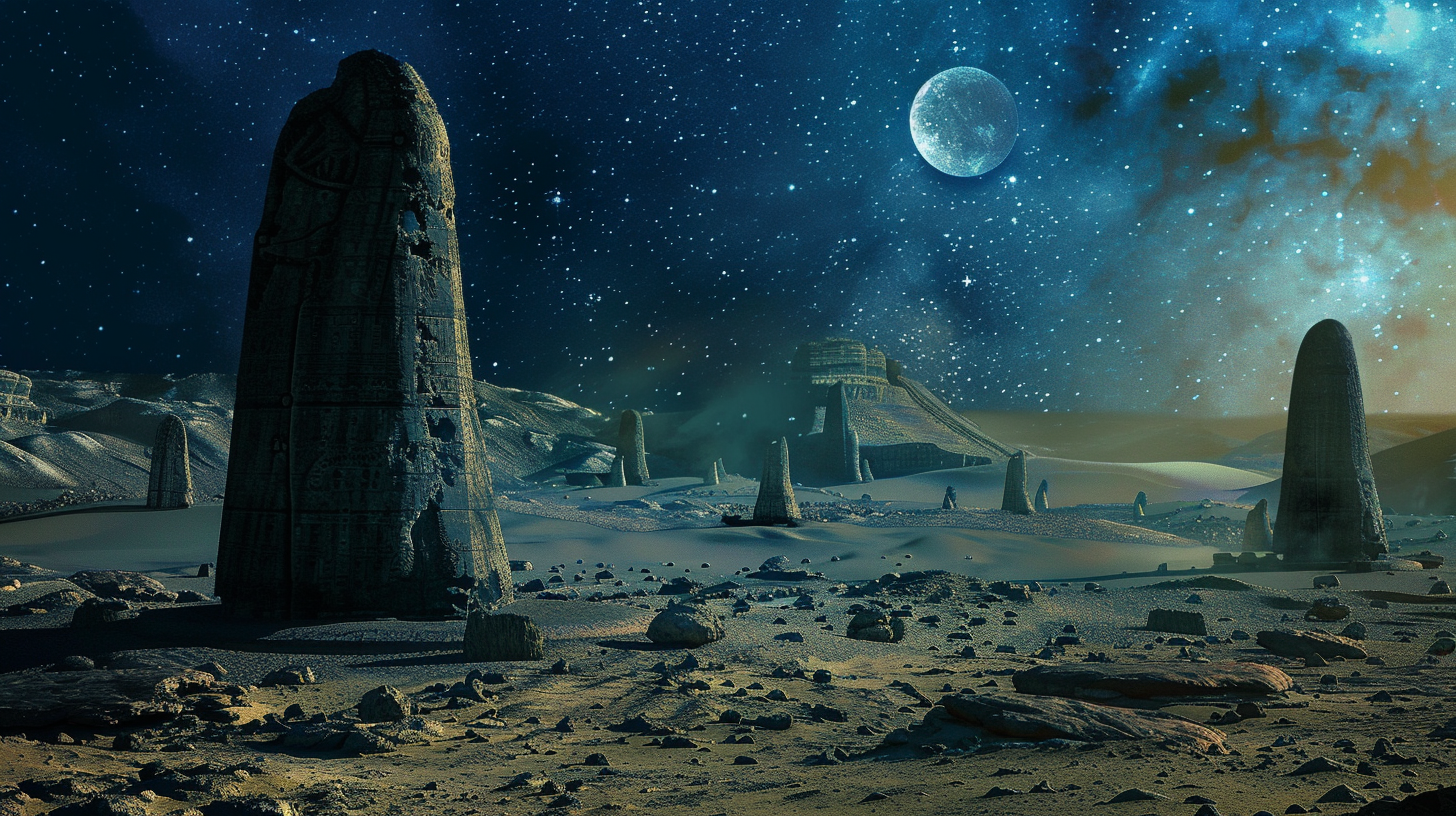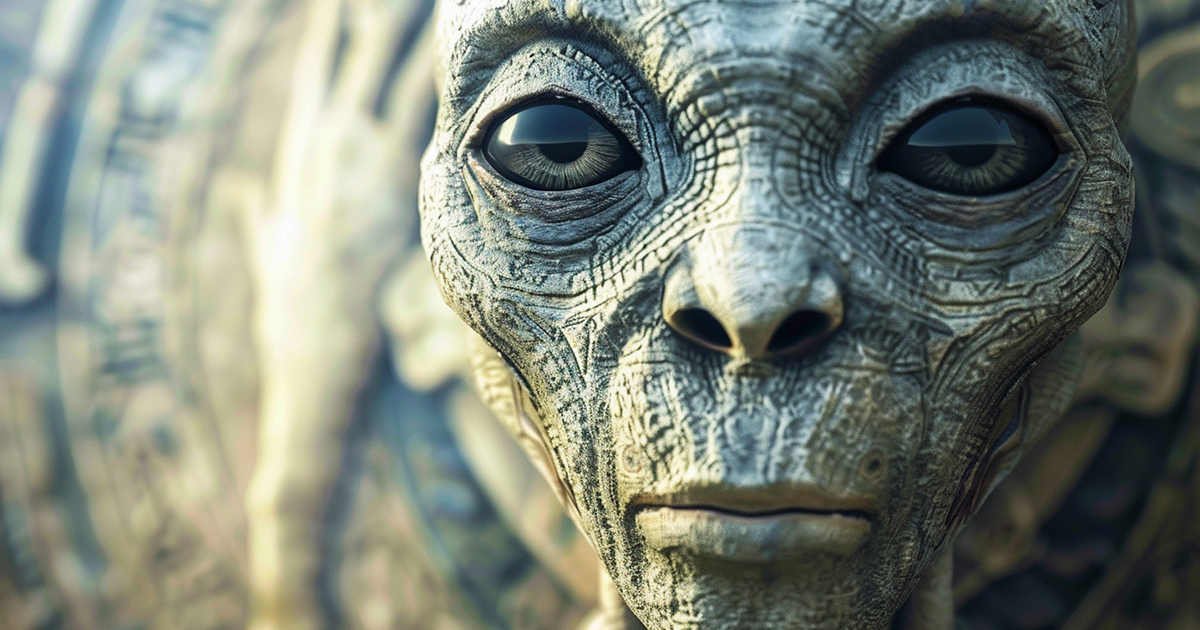Exploring the deep bond between early societies and the universe reveals the mysterious influence of the Sumerians. With a profound grasp of astronomy, this ancient civilization sparks curiosity about potential cosmic ties with entities from beyond.
The Sumerians flourished in Ancient Mesopotamia, making significant contributions to humanity. They are celebrated for inventing writing, the wheel, and establishing early city-states. Yet, it is their profound knowledge of the celestial realm that triggers discussions about possible encounters with beings from other worlds.
The foundation of Sumerian beliefs rested on their gods, who were believed to oversee all aspects of life, including celestial occurrences. Their cuneiform writings, such as the Enuma Elish and the Epic of Gilgamesh, served as religious scriptures, intertwining valuable astronomical wisdom.
The meticulous celestial observations conducted by the Sumerians in their astronomy are captivating. Scholars admire their precision in tracking celestial cycles, lunar phases, and planetary movements in the night sky, achieved with limited technological resources of that time.

Proponents of the Sumerian-alien theory point to this precision in astronomy as evidence of extraterrestrial guidance. They suggest that the advanced astronomical knowledge could only be obtained with the help of beings not from Earth. This perspective proposes that these alleged alien mentors shared astronomical insights, enabling the Sumerians to achieve groundbreaking discoveries ahead of their time.
Supporters also draw attention to Sumerian art and artifacts portraying figures in attire resembling modern spacesuits, giving rise to theories of interactions with advanced extraterrestrial beings. Descriptions of gods descending from the skies in flying vessels resonate with contemporary UFO sightings, strengthening the notion of extraterrestrial involvement.
Amid these claims, skeptics advise against solely attributing Sumerian accomplishments to alien influence. They argue that the Sumerians’ mastery of astronomy was a result of meticulous observations and detailed documentation, rather than external intervention. Additionally, they highlight similar astronomical achievements by civilizations like the Egyptians and Chinese without invoking alien connections.
Detractors emphasize the importance of considering the cultural context when interpreting ancient texts and artifacts. Sumerian deities were often depicted in humanoid forms, blurring the line between humans and gods. Therefore, portrayals of human-like figures in Sumerian artwork may symbolize divine beings rather than literal extraterrestrials.
Despite the lack of conclusive proof, debates on Sumerian-alien interactions remain speculative. While the notion of ancient astronauts imparting knowledge to early societies is captivating, a cautious and thorough examination is essential when evaluating such claims.
The lingering question of whether encounters with aliens influenced the Sumerians’ astronomical achievements endures. Nonetheless, their contributions to human progress are undeniable. Their insights into the cosmos paved the way for future astronomical advancements, inspiring wonder and curiosity across generations.
As we uncover the mysteries of the universe, the Sumerian narrative reflects humanity’s eternal quest for knowledge—a timeless journey that transcends time and imagination.
